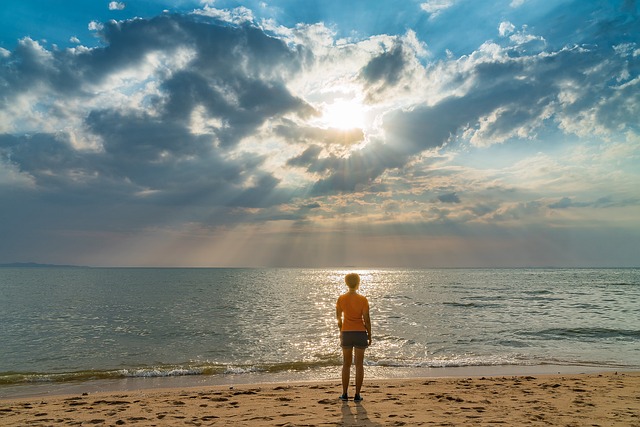The travel industry is booming with exotic destinations and thrilling adventures beckoning globetrotters from all over. However, amidst this vibrant scenario, a less colourful truth lurks – the unjustifiable expense of single supplements for solo travellers. This controversial practice, which often seems to penalise individuals for choosing to travel alone, has become a subject of heated debate. In this post, we’ll unravel why the single supplement is not only unfair but also outdated in today’s society.
A Costly Solo Symphony
Imagine planning your dream getaway, only to realise that the price tag is almost double just because you aren’t booking for two. For many, the holiday stops before it even begins. The financial burden imposed by single supplements can be astronomical, making the joy of exploring new cultures a privilege reserved for those with deeper pockets or fortunate enough to have a travel companion.
The rationale behind these supplements stems from the hoteliers’ and cruise liners‘ perspective. Generally, rooms are priced under the assumption of double occupancy. Thus, when a solo traveller books, the travel providers claim to lose out on the potential revenue that another guest would bring. However, is it justifiable for these losses to be passed on to the lone adventurer?
The Value of One
There is an undeniable stigma attached to solo travel, manifesting itself through the single supplement. With society leaning towards inclusivity and valuing individual choice, the idea of financially penalising someone for their relationship status is archaic. The demographics of travellers are shifting, and solo vacations are on the rise. People travel alone for myriad reasons, from self-discovery to scheduling flexibility or simply the pleasure of solitary wanderlust. Thus, this burgeoning sector of the market deserves recognition rather than being treated as second-class customers.
Arbitrary Excess
The lack of transparency in how single supplements are calculated leads to suspicion. More often than not, these charges don’t correlate with the additional costs incurred by the provider. While there might be tangible losses such as a single person consuming less at the breakfast buffet, such minor discrepancies hardly justify the inflated fees that amount to almost the price of two travellers.
Limited Freedom of Choice
Single supplements can corner solo travellers into making concessions. With affordability as their guiding compass, individuals may opt for less desirable accommodations or off-season travel, compromising the holiday experience. This limitation extends beyond lodgings; it affects flight packages, tours, and cruises, restricting what should be a vast and open adventure landscape.
Discrimination Disguised
At its core, the single supplement is a discriminatory policy. In no other industry do we find individuals forced to pay more simply because of their solitude. You wouldn’t pay for an extra coffee just because you’re sitting alone in a café, so why should the same principle not be applied to travel and hospitality?
The travel industry needs to catch up with societal progress. There are heartening developments, with some providers jettisoning single supplements and others offering dedicated solo traveller tours. These initiatives show a more ethical and realistic reflection of the modern traveller’s profile, but the change isn’t widespread enough yet.
The Path Forward
With consumer voices growing louder and the call for fair treatment resonating stronger, it’s time for the travel business to re-evaluate the no single supplement holidays. Solutions could be as straightforward as designing rooms specifically for solo travellers, offering to pair solo travellers with a roommate, or simply setting fair and proportional rates. The goal should be to create an equitable structure that favours exploration for all, irrespective of one’s social status or travel group size.
In Conclusion
Travel should be an enriching and accessible experience for everyone. In a world where individuality is celebrated, penalising solo explorers with unjust supplements is both obsolete and unjust. The travel industry must adapt to the changing dynamics and welcome solo travellers with open arms and fair pricing. It is not merely about reducing costs; it’s about valuing each traveller’s unique story and contributing to a more inclusive world.
The plight of the solo traveller shouldn’t involve unnecessary financial hurdles; it should be a narrative of empowerment and independence. A narrative where everyone, regardless of whether they travel alone or with someone, can share in the splendour of discovery on an equal playing field. The single supplement may have been the norm, but it is time for this archaic practice to bow out and give way to a more equitable and understanding approach.
